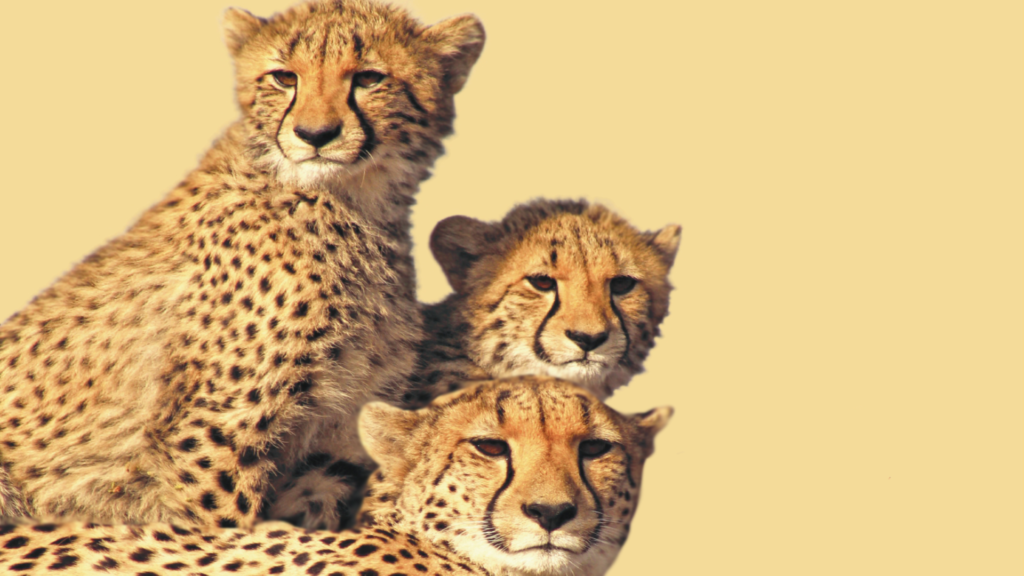Cheetah the fastest animal on land, once again received a warm welcome in India to show its majestic presence in the Kuno National Park, Madhya Pradesh. It is the only one from the big cat family, that got extinct from India around 70 years back mainly because of natural habitat loss and poaching.
The large carnivorous will help to restore the wild ecosystem and conserve the biodiversity across India’s open forests and grasslands. It will be a great aid in water security, carbon sequestration, stable food chain, retention of soil moisture, etc in these green areas to benefit society at large and make a sustainable future for all.
The reintroduction will be done in a phased manner as per the government records, 50 Cheetahs will be introduced in different national parks across India in the next five years under the “Action Plan for Introduction of Cheetah in India”. It will help to generate new leads of livelihood and tourism for local communities.
In the first phase of this mega project to conserve India’s biodiversity, a total of eight, three male and five female Cheetahs are introduced under the world’s first inter-continental translocation project of a large wild carnivore from Namibia. The reintroduction of Cheetahs is going to accelerate the government’s continuous effort in the last 7 years to make India’s growth sustainable and eco-friendly.
This ambitious project of the Government of India took place as per the IUCN guidelines and restored Cheetahs in the Indian historical range under an MoU on Wildlife Conservation and Sustainable Utilization. India is currently among the few of those countries where the forest cover is continuously increasing. The protected areas in India have also increased to 981 at present from level 740 in 2014. The community reserves in India have also become more than 100 in 2019 from a mere 43 in 2014 and the move will help to sustain the trends.
To educate people to become more sensitive towards this rare species, ‘Cheetah Mitras’ is assigned. This will promote eco-tourism and increase the awareness of local communities towards the protection of this beautiful, ferocious cat. It will bring new hopes and learning for wildlife conservation in the principles of mutual respect and equality in India.

